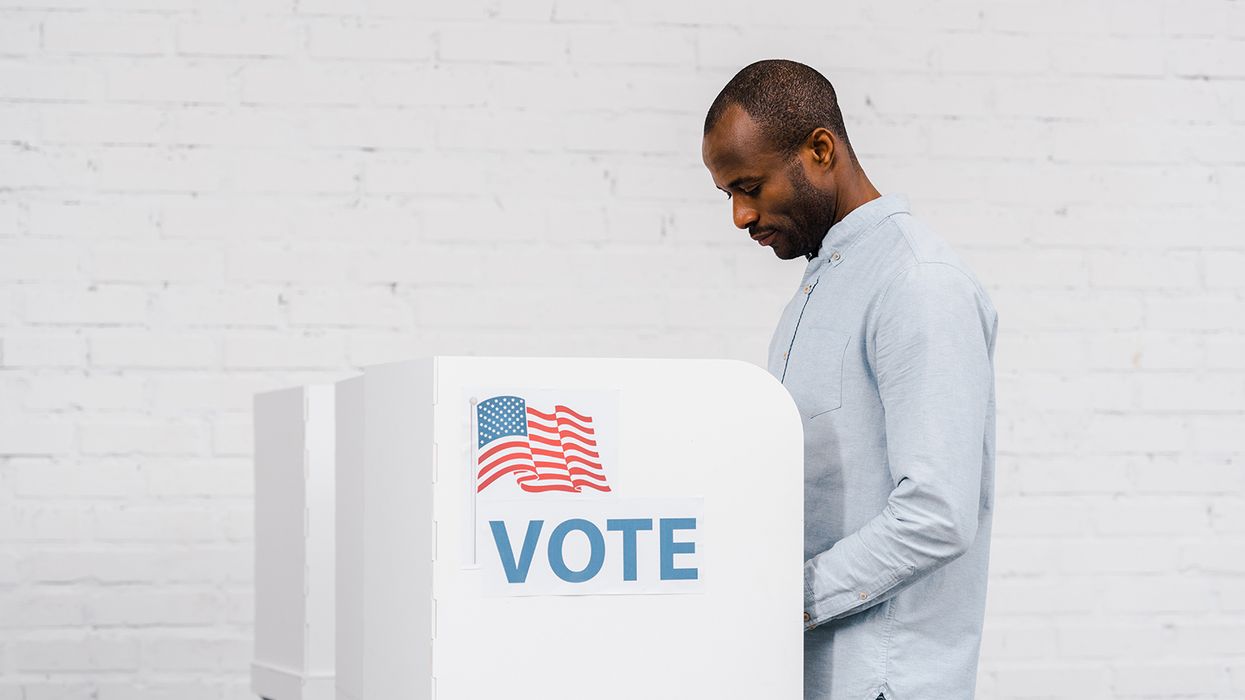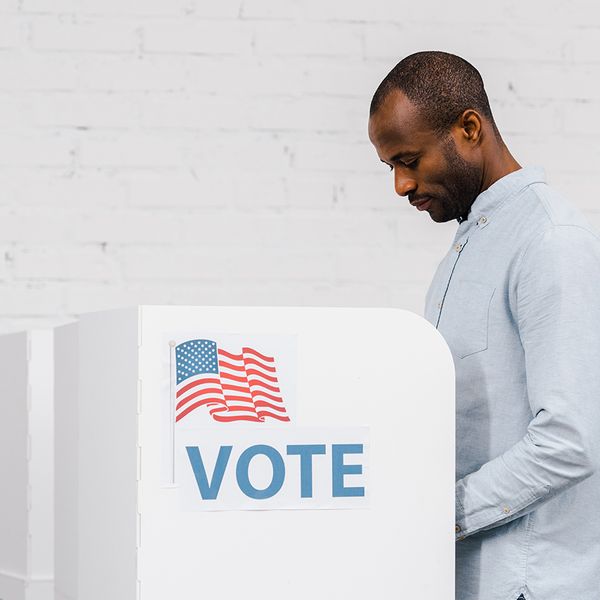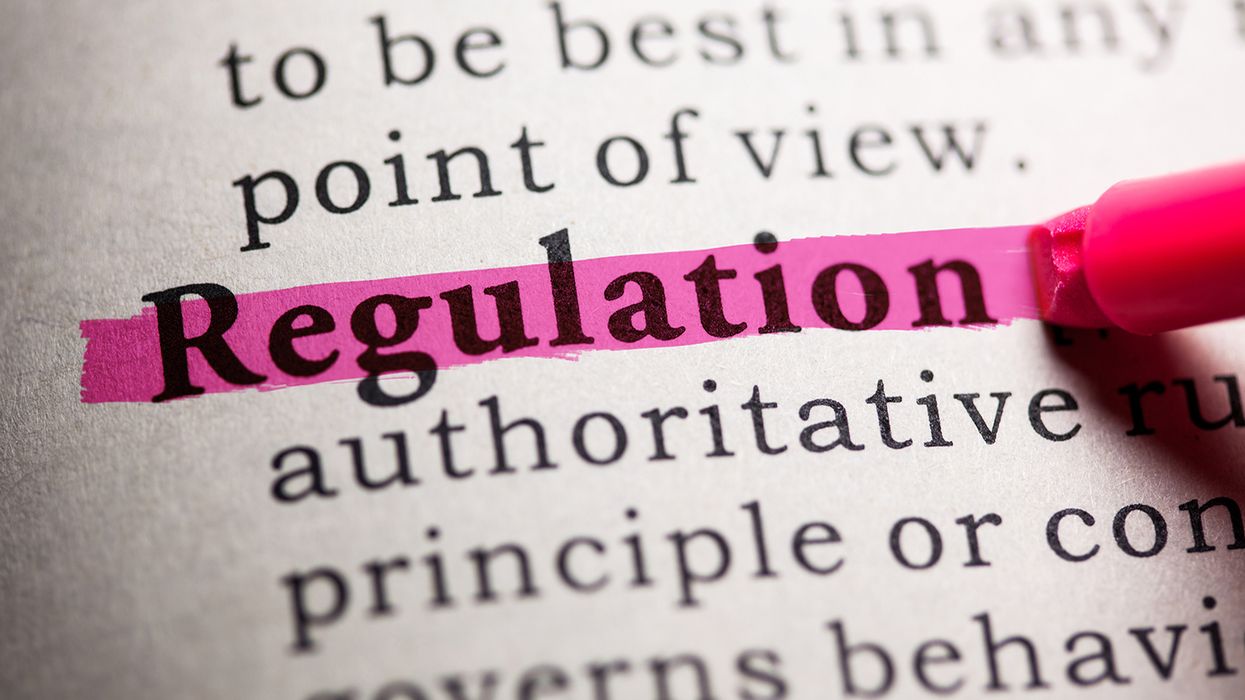Election Day is around the corner – Employers need to be aware of voting leave laws, office politics
November is coming up, and while that means cold/cloudy days in parts of the country, it also means Election Day is around the corner. This year it lands on November 8, 2022.
Although there aren’t any federal employment laws mandating that employers provide paid or unpaid leave for employees to vote, 30 states and the District of Columbia have some type of voting leave laws in place.
With many employees working remotely, employers need to stay abreast of their obligations to allow employees time off to vote.
Case in point
For example, in California employers must post a notice to employees advising them of provisions for taking paid leave for the purpose of voting in statewide elections.
Employers must post the employee notice 10 days before a statewide election. Other California voting requirements include:
- The employee notice must be posted either in the workplace or where it can be seen by employees as they enter or exit their place of work.
- Employees are eligible for paid time off for the purpose of voting only if they do not have sufficient time outside of working hours to vote.
- Employees can be given as much time as they need in order to vote, but only a maximum of two hours is paid.
- Employers may require employees to give advance notice that they will need additional time off for voting.
- Employers may require time off to be taken only at the beginning or end of the employee’s shift.
Politics at work
Aside from voting leave time, elections can stir up heated workplace debates, which can create conflicts. Some employees may choose to discuss politics, which is fine as long as everyone remains civil.
All employees should know that they can end a conversation at any time, and should do so if tempers are rising. Employees involved in the discussion must respect this right, without continuing to harass the person who walks away.
When coworker disagreements about politics occur, there is the potential to create a hostile work environment. Some steps to minimize potential conflicts include the following:
- Prohibit campaign signs and solicitations —Your organization may prohibit the posting of political signs and asking for campaign donations even if it doesn’t have a non-solicitation policy.
- Enforce your dress code — If you feel political buttons or clothing displaying campaign slogans are inappropriate for the workplace, you can prohibit them in the same way that you would ban clothing containing offensive slogans.
- Speak to supervisors — Make sure managers and supervisors understand the importance of creating a respectful, politically neutral work environment. Employees should not be allowed to harass coworkers because of their political beliefs, and managers should not take negative action against their reports on the basis of their political leanings.
- Prepare for First Amendment claims — Some employees may not understand that the First Amendment only applies to government censorship of speech. Public employers need to be cautious of how they manage political discussion in the workplace, but private employers have no such limitations. Your organization may need to explain that the amendment does not guarantee employees the right to say whatever they want, wherever they want. Make it clear that employees’ political beliefs are their own, and should not be expressed when they are acting as representatives of your organization.
- Be alert to discrimination — While political beliefs are not protected in the same manner as religious beliefs, they do have the capacity to veer into their own risky territory. Watch out for off-color or otherwise inappropriate statements about candidates or issues that cross over into religious beliefs. These types of comments can quickly lead to legal trouble.
Key to remember: Election Day is coming up. Employers should be aware of state voting leave laws that impact employees, and watch for political discord among staff.



















































